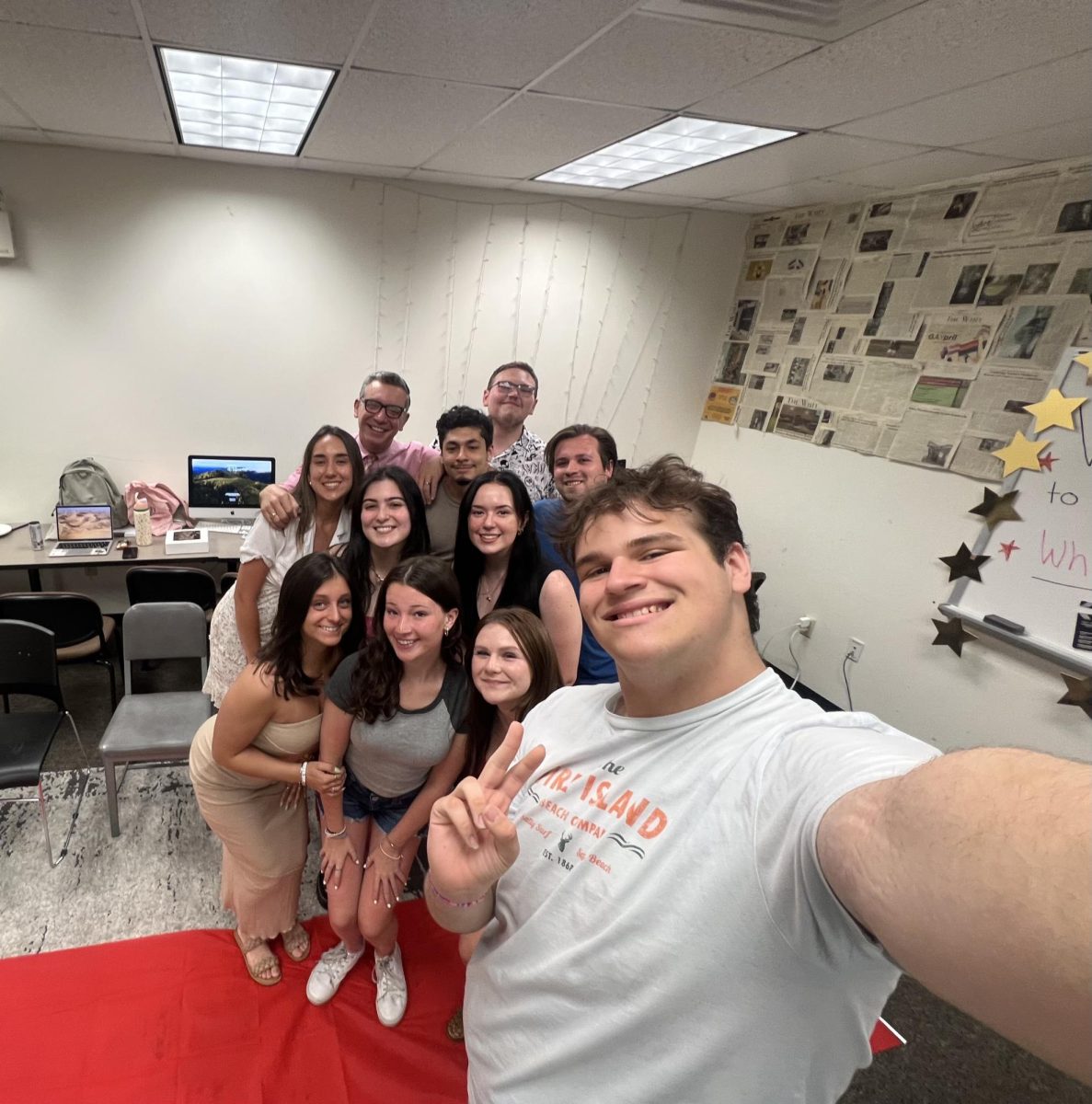To many of our voting population in the United States, one could easily bring to mind a movie scene that, at first, might seem to provide a satisfactory analogy of President Trump’s recent behavior. In the 1999 film, American Beauty, Ricky Fitts (played by Wes Bentley) candidly shows his high school sweetheart Juliet a piece of video he shot in an alley in town. The video goes on to show an average plastic bag, blowing listlessly in a gentle breeze as the world goes on around it. The bag blows this way and that without a care in the world.
This might seem to serve as a near perfect explanation of Donald Trump’s recent actions. In the last fortnight, Donald Trump has gone from public enemy number one in the capital-R Resistance left within the Legislative Branch of the federal government, to the winsome lover finding solace in Chuck Schumer and Nancy Pelosi’s obliging embrace. He has turned his coat away from the GOP establishment, instead deciding to take a walk on the other side of the tracks. Is there any way to make sense of the sudden switch from destroyer of DACA, Satan reborn, to lover of DREAMers, raiser of debt ceilings?
For those in the cable news community, the choice is easy. On the left, it has been difficult for them to hold their unbridled giddiness in. Of course their giddiness at the president’s move to the left does not come without a heaping spoonful of childish derision. (The president fell for it! He worked with the Democrats; he’s such a fool.) On the Trump loyalist right, who view President Trump more as an ultramontane Pope than the head of the Executive Branch, have claimed that President Trump’s move to the left was a deft strategic maneuver aimed at cutting out establishment republicans like Paul Ryan and Mitch McConnell. Many of the Trump loyalists hate Ryan and McConnell. Why? Because they were working with democrats and cutting deals on the budget. But they love President Trump for going over their heads so he could work with democrats and cut deals on the budget. If this is all too ridiculous for one to imagine, do not be alarmed; that is only a sign that one has remained sane.
The real answer lies in the president’s character. It is a well established fact that President Trump knows next to nothing on policy, nor does he care to learn it. He is not particularly ideological despite shouts from the crowds mentioned above trying to paint him as either the hero of their modern epic or the villain of their tragic tale of the oppressed. The only view that holds water begins with the president’s childhood.
His father was a self-made industrialist from Queens, and, as a result, was never accepted by the “Old Money” of the Manhattan upper class. Like Rex Mottram in Brideshead Revisited, the Trumps were the nouveau riche, vulgarians with thick accents and unbecoming table manners. The insecure sensibility that this lack of acceptance cultivated is evident even to this day. He still desires the affection of the very same people that once shunned his family. He may talk a big game about the elites at the New York Times and the ones who attended Ivy League schools and share evening cocktails with Bono, but it is their affection he principally desires.
When President Trump wants to get something off his chest, Maggie Haberman at the New York Times still gets a phone call. When the president is speaking about the “media elites” at a rally, he self-consciously rattles off the nice schools he’s been to, the good grades he’s gotten. This insecure attitude is, or rather was, rampant in his administration with Anthony Scaramucci and Steve Bannon after both were fired for calling left wing media outlets (The New Yorker and the American Prospect respectively) to vent their frustrations about the goings on in the White House.
Upper class insecurity is not new on the American right; President Nixon was notorious for his hatred of the classic Ivy Leaguers who so often had prominent roles in the White House. In the past, President Trump found the affection he so desired in the working class Americans he seemed to champion in his campaign, avoiding and ignoring the upper classes. Ultimately, the object of his disdain and his desire were one and the same: the generational upper classes in Los Angeles, Washington D.C., and, of course, New York. In recent weeks, he has grown weary of playing coy with them any longer; he wants their admiration and he wants it now. So he’ll cut deals with people they respect, but just as it was in his formative years, he’ll still always be brash new money from Queens.
For questions/comments about this story, email [email protected] or tweet @thewhitonline.

























































































































































!["Working with [Dr. Lynch] is always a learning experience for me. She is a treasure,” said Thomas. - Staff Writer / Kacie Scibilia](https://thewhitonline.com/wp-content/uploads/2025/04/choir-1-1200x694.jpg)









































